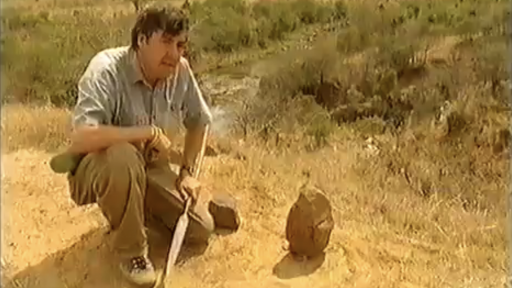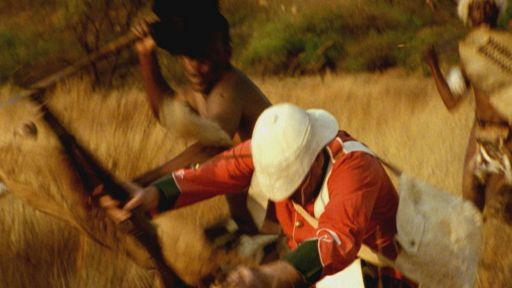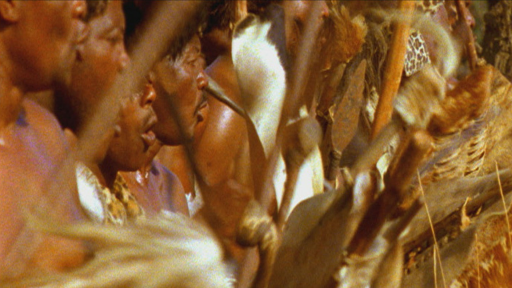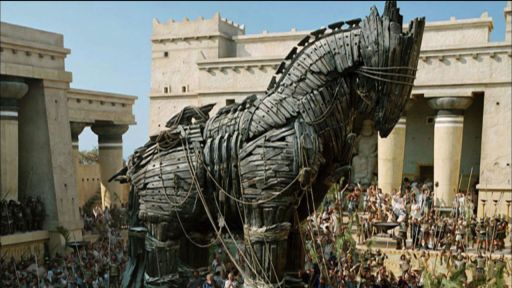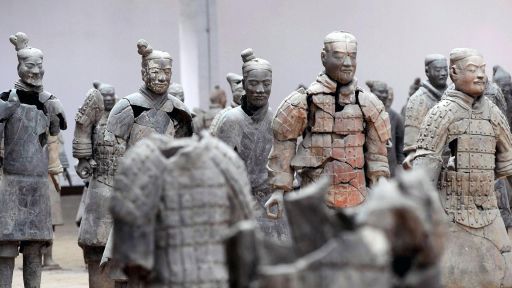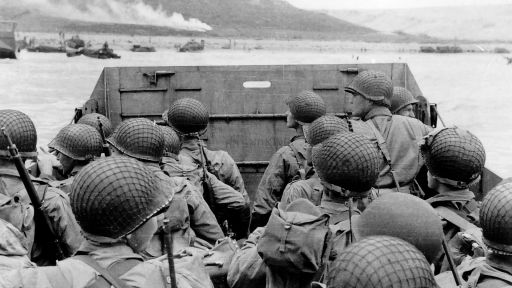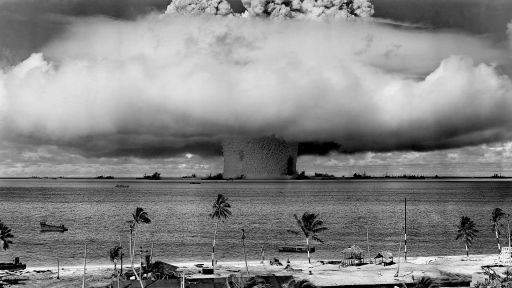The Zulu kingdom, centered on the southeast coast of southern Africa between the Drakensburg mountains and the Indian ocean, emerged in the early 19th century under the command of the great Zulu warrior-king Shaka. The Zulu nation originally had no quarrel with the British, who founded a colony, Natal, on the southern border of Zululand in the 1840s. But the British eventually saw the Zulu as a threat. In the 1870s, spurred by a desire for trade and profit (diamonds were discovered in South Africa in the late 1860s), the British sought to bring the Zulu and other independent African nations, along with the Boer republics of South Africa (founded by Dutch, German, and French settlers of Cape Town), under their control. The stage was set for war.
 In December 1878, Sir Henry Bartle Frere, the British High Commissioner in South Africa, issued an ultimatum to the Zulu ruler, Cetshwayo kaMpande, to disband his army and hand over control of his nation to a British representative. The ultimatum expired, without response from Cetshwayo, on January 11, 1879. This was probably what Bartle Frere expected and hoped for; if the Zulu could be forced to fight, the Brits thought, they’d quickly lose to the superior Imperial army. Three columns of British soldiers, under the command of Lieutenant-General Lord Chelmsford, immediately invaded Zululand.
In December 1878, Sir Henry Bartle Frere, the British High Commissioner in South Africa, issued an ultimatum to the Zulu ruler, Cetshwayo kaMpande, to disband his army and hand over control of his nation to a British representative. The ultimatum expired, without response from Cetshwayo, on January 11, 1879. This was probably what Bartle Frere expected and hoped for; if the Zulu could be forced to fight, the Brits thought, they’d quickly lose to the superior Imperial army. Three columns of British soldiers, under the command of Lieutenant-General Lord Chelmsford, immediately invaded Zululand.
At first, the invasion proceeded with barely a hitch. On January 12th, redcoats attacked and defeated the warriors of Zulu Chief Sihayo kaXongo, camped in the Batshe valley, along the Natal-Zulu border. Then Chelmsford personally led his central column to camp at the base of Isandlwana, a 300-foot tall sandstone outcrop. Chelmsford expected to be attacked by the Zulu army; he didn’t anticipate that 20,000 to 25,000 Zulu warriors would converge on Isandlwana on January 22, nor that they would, in the span of about three hours, nearly wipe out the British army stationed there that day. Some 1,300 British soldiers and their African allies died; only 55 redcoats survived.
Isandlwana was the worst defeat in British colonial history — and, ironically, the death knell for the Zulu nation. “I think that one of the great tragedies of the battle is that it is the great Zulu act of defiance against colonial conquest and invasion, but the fact that they won it insured their defeat in the long term,” says Zulu historian Ian Knight. “The British Empire was not going to sit back and take that quietly. As a result of the Zulu victory, the British army was reinforced ad nauseum until they have so many troops that they eventually win the war.” Indeed, British forces reached the Zulu capital, Ulundi, by the end of June. On July 4, 1879, in the last great battle of the war, Lord Chelmsford’s troops defeated the Zulu army. King Cetshwayo soon surrendered, and Zululand came under British rule.

